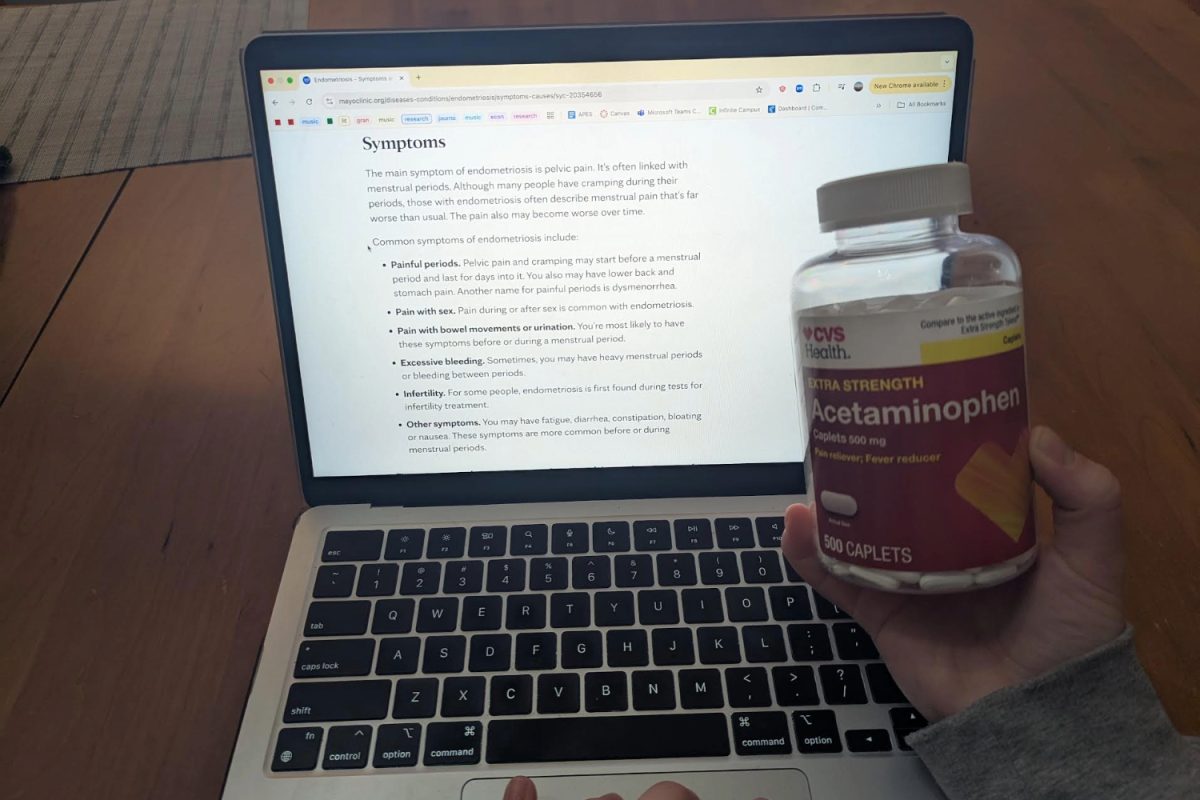From the moment that we are born, we are taught that the best way to live life is by doing things that are bigger and bolder. Students are told that grades determine their futures, and adults are pressured to improve their work productivity.
To deliver on this internal promise, some ignore or hide negative emotions that hinder their ability to work and live; instead, staying constantly positive to repress those emotions. Theoretically, this would permit them to constantly function at peak performance and give them the boost they need to be considered better than everyone else. Those who do this can be compared to a next-generation industrial robot, capable of achieving peak productivity with the benefits of reduced downtime and low maintenance.
However, we’re not robots.
At the end of the day, this strategy is simply draining and unsustainable. Frequently referred to as toxic positivity or “good vibes only,” it obstructs the true measure of how people feel, leading to the belief that they are somehow behind, inadequate, or disadvantaged. Regardless of what you call it, scientific research has found that it is simply impossible to circumvent these negative emotions for an extended period of time.
“When you deny or avoid unpleasant emotions, you make them bigger,” psychologist Konstantin Lukin wrote. “This approach is simply unsustainable. Evolutionarily, we as humans cannot program ourselves to only feel happy.”
Besides the individual consequences of toxic positivity, there are ripple effects for others who witness this behavior.
Students are particularly vulnerable to the effects of toxic positivity. They are incredibly dependent on each other not only to develop social skills, but are at a crucial moment for establishing work ethic and motivation. Toxic positivity sets unrealistic expectations of what peers can achieve, causing unsuspecting students to attempt to reach this impossible goal.
Although it’s easy to understand what toxic positivity is, it’s also important to know that it starkly differs from just having a favorable outlook on life. There’s a difference between comments which only assert overly-confident thinking, and those which offer motivation and validation.
Although it may seem counterintuitive, psychologists agree that the best way to mitigate despair involves embracing the root of the issue instead of repressing the negativity. Understanding what you are experiencing is key to managing it healthily.
Allow yourself to experience the emotional fluctuations of life, and please don’t try to be a robot.












